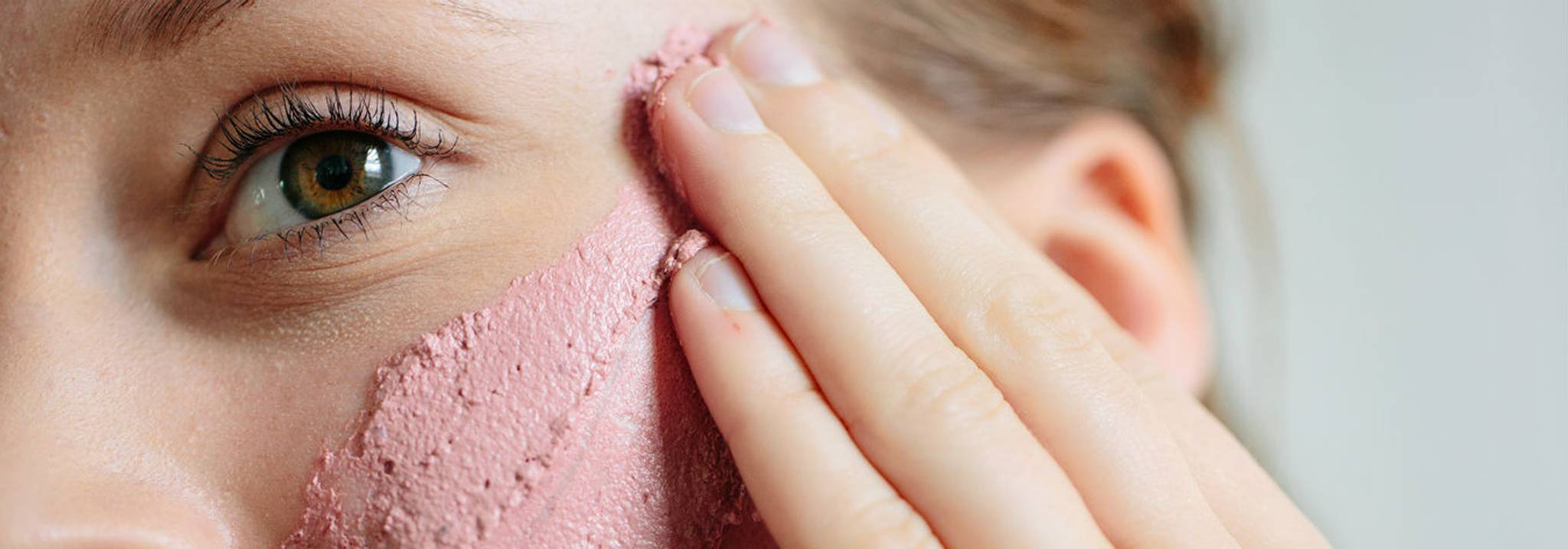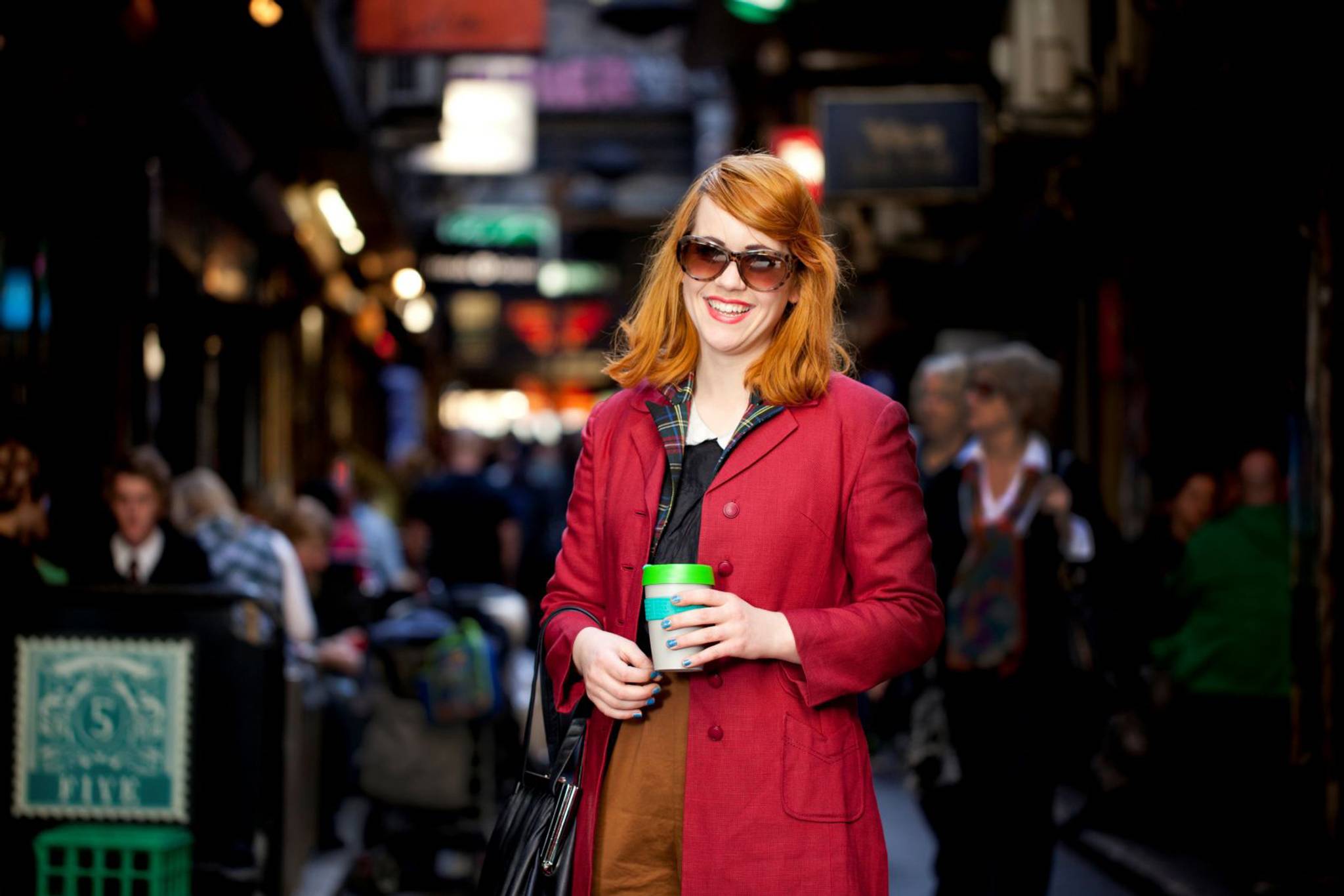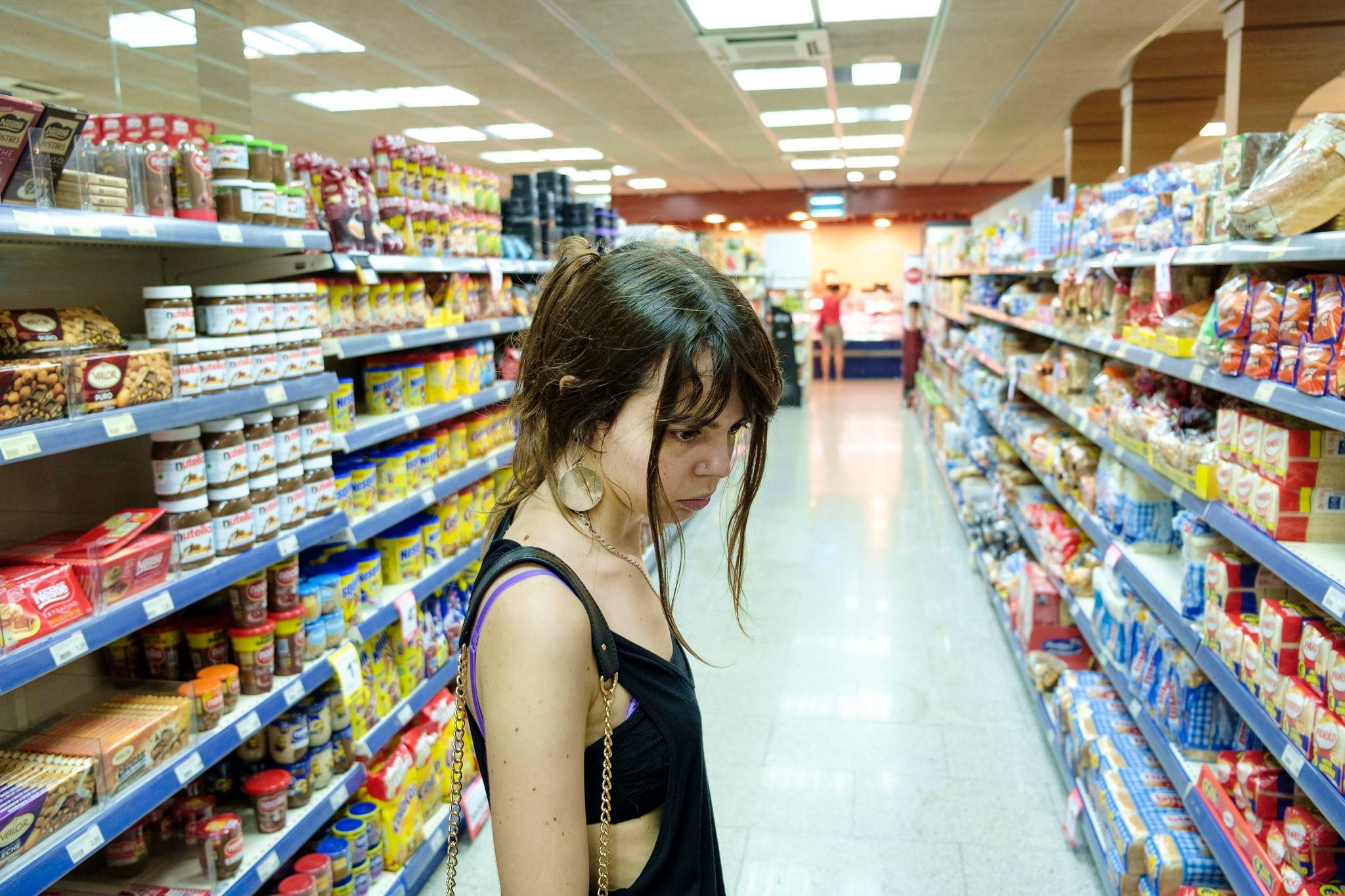
Whether it's unnecessary wrapping or how much energy they use, Britons are becoming more concerned about their impact on the environment. Demonstrating that it does more then sell sparkly bath bombs, natural cosmetics brand Lush has launched an exhibition to raise awareness around packaging waste, simultaneously championing the humble soap bar as a symbol of an eco-conscious lifestyle. We explore the insights behind the campaign, and how personal care brands can clean up well among people keen on protecting the planet.
Based in London, the ‘Naked House’ exhibition takes visitors through the history of packaging – from banana skins to the bioplastic packaging of the future. The brand also uses it as an opportunity to showcase its range of ‘Naked’ hair conditioners and shower gels, which are sold as solid bars that don't require packaging. “The whole exhibition is based around the fact that a lot of plastic is being used for packaging in cosmetics,” says Jen McAllister, project manager at Lush. “Although plastic takes many, many years to break down, we’re using it for things we only use for five minutes and then throwing it away.”
There are more than five trillion pieces of plastic floating in the oceans, and marine experts fear there could be more plastic than fish in the ocean by 2050. So, it’s perhaps unsurprising that four in five Britons say they're concerned about the amount of waste produced. Research suggests that a third of people are now buying from brands based on their social and environmental impact. Companies like Lush that can showcase their dedication to environmental and ethical causes can cash in on the estimated €966 billion opportunity for brands that make their sustainability credentials clear.
But it’s not just the planet that stands to benefit; it’s also the perfect context in which to showcase Lush’s Naked products. Because solid bars have a bad rep in the personal care aisle; thanks to the rise of hand sanitiser (over half of British adults buy it), no-touch soap dispensers and high-end liquid varieties, bars have become symbols of germ-ridden bathrooms, with liquid products dominating the industry. “Bar soap is sensed as a bit unhygienic,” says clean beauty consultant Nat Van Zee. “With liquid soap, you have a nice pump that means you don’t have to touch the soap itself.” But that pump – and the rest of the packaging – could be bad for the planet, and Lush is emphasising this eco-warning right alongside its naked bars.
Lore Oxford is cultural editor at Canvas8, which specialises in behavioural insights and consumer research. She previously ran her own science and technology publication and was a columnist for Dazed and Confused. When she’s not busy analysing human behaviour, she can be found defending selfie culture and the Kardashians from contemporary culture snobs.



